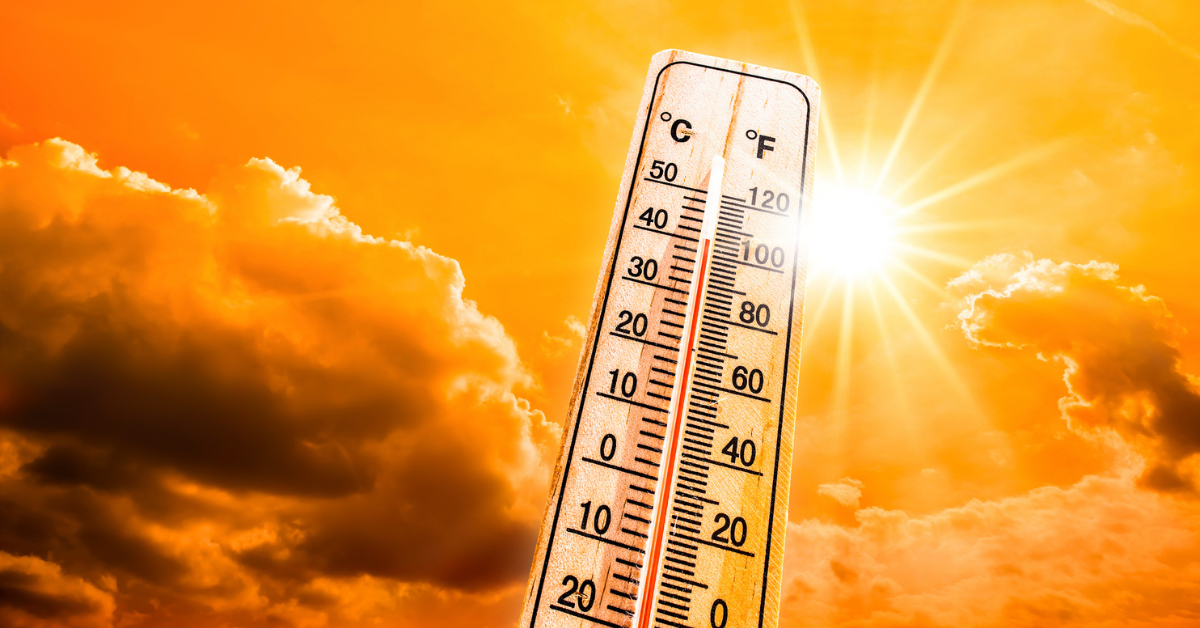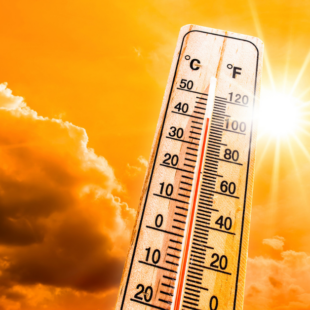For many people, spending time outdoors is the best way to enjoy summer. In our region, there’s no shortage of things to do – beach trips, river days, cookouts and sports games.
Don’t put your health at risk while having fun in the sun – especially as temperatures rise.
“Your body can handle only so much heat at one time,” says Dr. Alex Suda, a family medicine physician at Tidelands Health Family Medicine at The Market Common. “It’s important to have a plan for how you’ll beat the heat while you’re out during the day.”
Long exposure to high temperatures can have two major impacts on your body as it automatically attempts to cool itself in the heat:
Heat exhaustion
Heat exhaustion shows itself through excessive sweating, pale skin, dizziness, nausea and muscle cramps.
Sweat helps carry heat away from our bodies, but it also carries away salt, which we use to regulate muscle contractions. When salt levels get too low, you may get cramps.
Other signs of heat exhaustion are headaches, low blood pressure and dark urine as the body releases water through its pores instead of its kidneys.
If this happens, get out of the heat and start cooling down with damp cloths or a dip in cool water.
People suffering from heat exhaustion should sip water to restore the fluids they’ve lost to sweat. And if symptoms don’t improve within an hour, seek medical attention. If left untreated, heat exhaustion can progress to a heat stroke.
Heat stroke
Heat stroke is a potentially life-threatening emergency that can cause permanent brain and organ damage if not treated quickly.
People suffering from heat stroke may stop sweating as their body temperatures rise above 103 degrees Fahrenheit. Their heart will race. Their skin can turn red, and they can become confused.
Ultimately, they may become unconscious.
If you witness someone showing signs of a heat stroke, call 911 immediately, and get the individual out of the heat and into a cool location. Use water or ice to cool down their body and remove any extra layers of clothing. Heat stroke can lead to death if not treated immediately.
Tips to stay cool
The key to avoiding heat-related illnesses is taking the appropriate steps early to prevent the onset of symptoms:
Dress in loose-fitting, light-colored clothing
This will let air circulate against your skin and won’t absorb too much heat from the sun.
Take breaks from the heat
Rest in the shade or go indoors to air-conditioning, especially during the hottest parts of the day. People who must be outside – road crews, construction workers and the like – should plan to take breaks and drink plenty of water during the day.
Stay hydrated, avoid sugary drinks
Because sweat carries away salts, it’s also wise to add drinks that contain electrolytes to replace those your body is losing. Focus on zero-calorie drinks, Dr. Suda says.
“Sugary drinks can make things worse,” Dr. Suda says. “Like coffee and other caffeine-containing drinks, sugary drinks act as a diuretic, causing you to urinate and lose the exact fluids you’re trying to regain.”
Heat affects people differently depending on how well they adapt to it, Dr. Suda says. The very young and the elderly can be particularly susceptible to heat-related health problems, as can people who are on certain medications, are overweight or those with heart or circulatory problems.
It’s vital to pay attention to how your body is responding to hot conditions and keep an eye out for friends and family members, as well. Staying hydrated and knowing when to find some shade can make a difference.
“Enjoy yourself, but have a plan to beat the heat,” Dr. Suda says.








